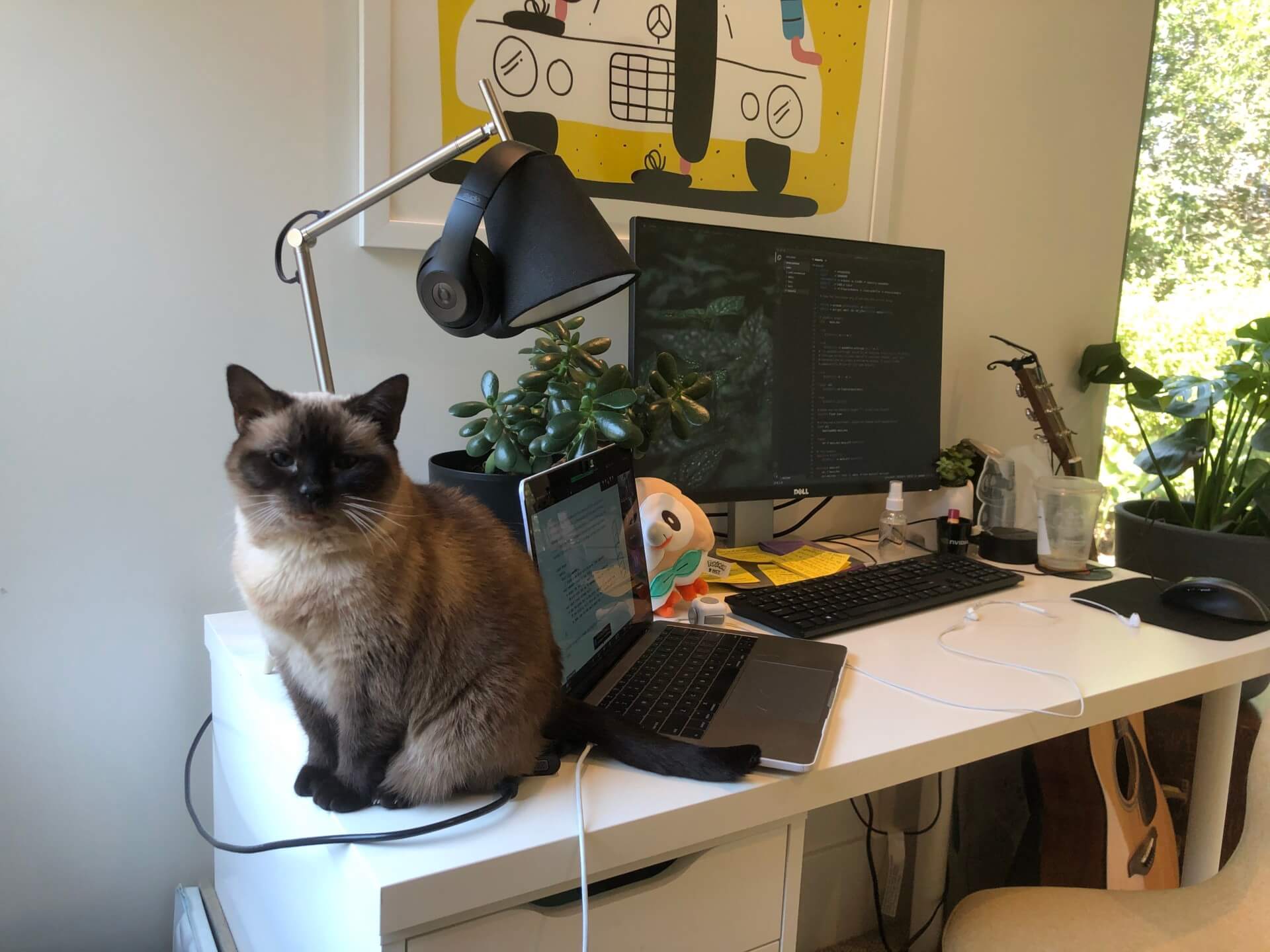The concept of scoring a software engineering internship felt mysterious and intimidating, like an abstract, unattainable goal with no clear path to victory. However, I just finished my interviewing process and landed my first CS internship, so I’m going to share what I’ve learned and hopefully demystify the process for you.
The Resume
Your resume is the gateway to interviewing with companies! A good resume comes in many forms, and there’s no single right one, but here are the key things to keep in mind.
- Keep it organized and easily readable. I suggest using a Google Docs template with different sections, such as Education, Experience, Activities & Involvements, Skills, etc.
- Keep it short. Use bullet points and try not to use “I” or “we” in a sentence. You don’t have to use complete sentences!
- Wording is critical! Your diction tailors the impression recruiters have of you, so I advise crafting a resume that communicates your positive attributes. Instead of saying you “did X” or “accomplished Y,” try saying you “collaborated with a team to do X” or “led a research project aimed at Y.” This highlights that you are both a leader and a team player, which makes you stand out.
The Interview
A couple weeks after you submitted your resume, a recruiter might reach out to you to schedule an interview. This is arguably the most intimidating part of the process, particularly because each person and company interviews differently. Despite the variance, there are recurring areas that you should prepare for.
- “Tell me about yourself.”
Craft a memorable introduction for yourself. Instead of saying something generic, mention your interests and activities. For example, I say, “My name is Pilar, I’m a sophomore studying CECS, and I’m interested in the intersection of hardware and software. To pursue these interests, I’m involved in a research laboratory that applies AI to multi-robot systems in order to solve the challenge of robotic collaboration. I’m also in a student organization called Makers which is an electronics hobbyist club, and I’m currently working on a team of engineers to design a chess board where the pieces magnetically move based on verbal commands.” Giving yourself flavor creates a great first impression and helps exponentially.
- “Why do you want to work here?”
Be honest about this and make it personal. You can talk about how your interests align with the company’s goals or why the culture speaks to you. Most importantly, make this about you, not just the company.
- Your Experiences
You’ll most likely get a question about something on your resume, so be confident in talking about your experiences. Here are some common questions: What did you do here? What was the most challenging part? What worked/didn’t work? What would you do differently?
- The Coding Question
When doing these, always talk through your approach. State your ideas and get feedback from the interviewer before proceeding to write code. In some interviews, I solved coding questions verbally, thus they were more focused on my approach and thinking than my actual code-writing abilities. I strongly suggest using LeetCode or something similar to practice short coding exercises, and I recommend explaining your thinking out loud as you work through them.
- “Do you have any questions for me?”
Yes! This is where you reveal what you are truly interested in. It’s also great to ask specific questions about the company to show that you’ve done your research. Here are some of my questions: Why do you like working here? How do you feel like you’ve grown as an engineer and a person here? What is the culture like (individualistic, highly collaborative, etc.)?
With all of this in mind, here are my final notes.
-
- Be likeable. Be someone you’d enjoy working with. I always try to smile and be very energetic, and my goal is to make my interviewer laugh at some point.
- Practice. Solve coding questions, walk through your resume, have friends and family members ask you questions, do mock interviews, talk to yourself in a mirror.
- It’s okay to say, “I don’t know.” As a college student, you are not going to be the smartest person at the company, and that’s perfectly okay. Showcase how you approach and persevere through challenges. Interviewers love asking questions like, “What do you do when there’s a problem you can’t solve?”
Good luck and happy interviewing!




